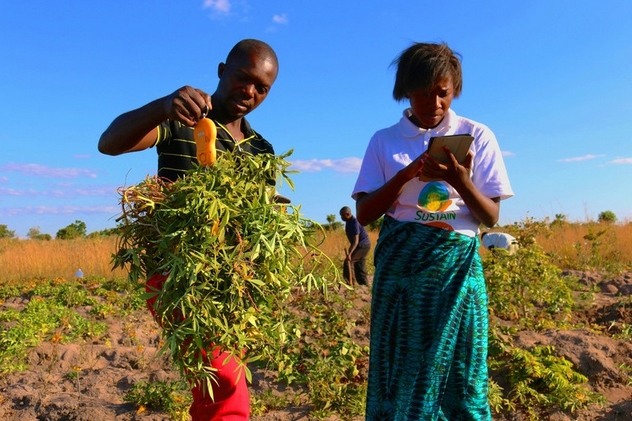Over the last decade, issues like the youth bulge, unemployment and underemployment, migration and civil and political unrest have led a growing focus on youth (or young people) as a new, high priority target group.
Alongside this growing focus is a growing consensus among policy makers and development professionals that the combination of agriculture and entrepreneurship is the key to addressing the youth employment challenge. This is particularly true for Africa.
The new report, Young People and Agriculture in Africa: A Review of Research Evidence and EU Documentation, published by the Institute of Development Studies (IDS) for Alliance2015, examines the logic upon which youth-specific agricultural initiatives are based and the degree to which that logic is supported by evidence.
The analysis is organised around four “chains of explanation”, with each chain addressing the question: Why are rural young people in Africa turning away from agriculture? Two of these chains focus on structural issues within the agricultural sector and agrarian economy (i.e. farm productivity and access to land); another focuses on the interplay between education and aspirations; and the last on young people’s awareness (or otherwise) of the opportunities offered to them through agriculture.
The research further analyses how this evidence is reflected in current EU policy and programming in Malawi, Ethiopia and Kenya.
The findings which will be drawn upon by IDS at the CIMMYT Conference in Mexico City this week reveal huge variation in the depth and breadth of evidence underpinning policy and practice in relation to Youth and Agriculture.
